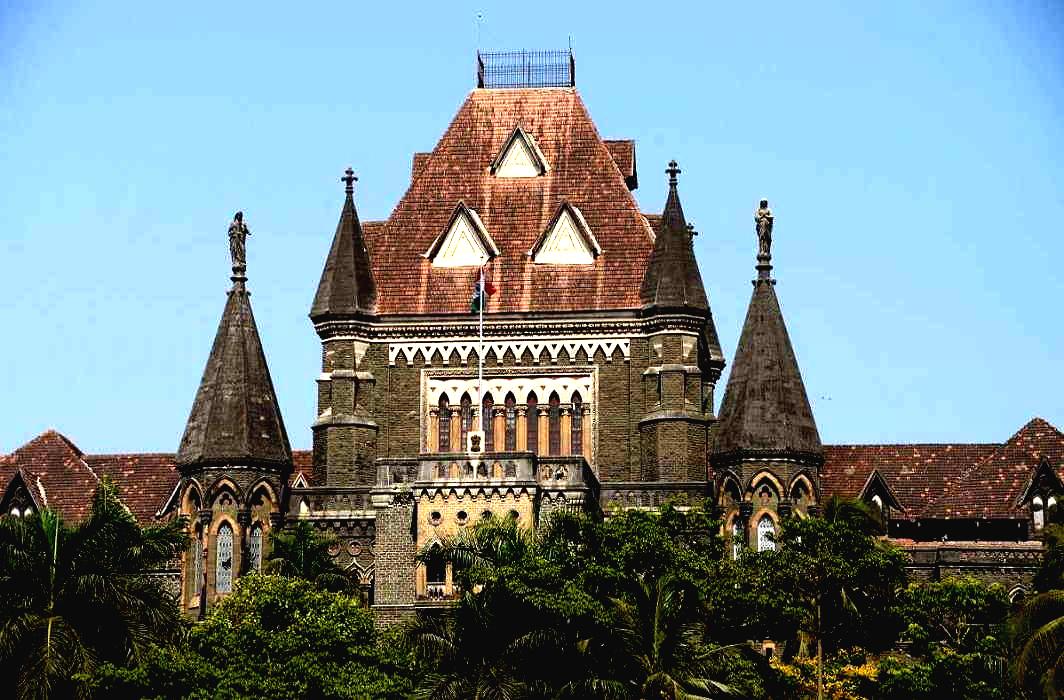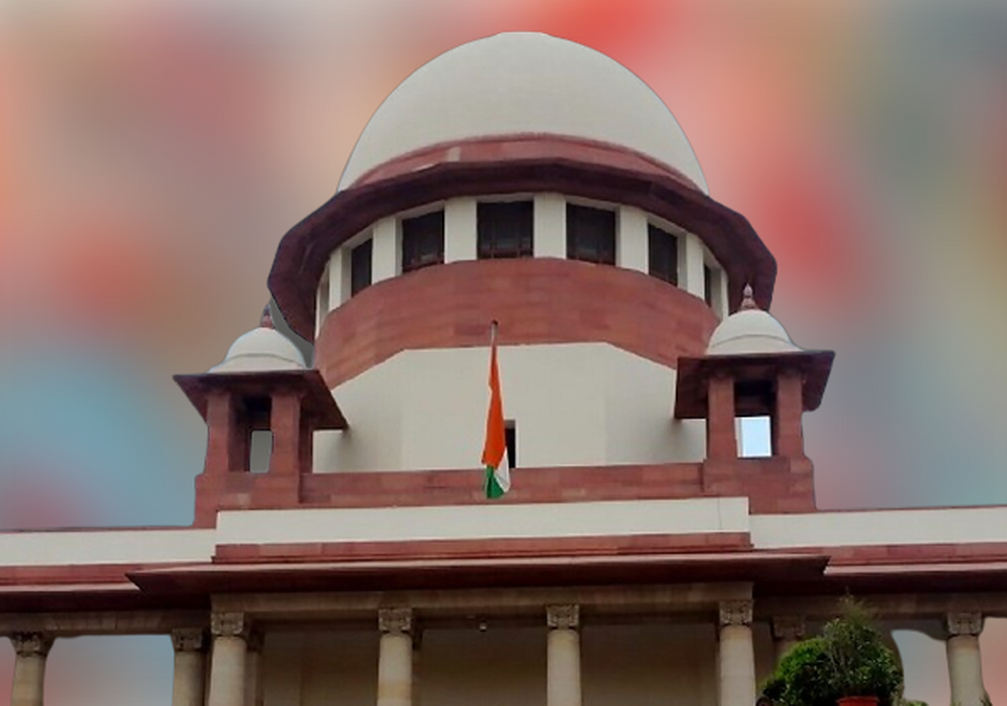Detention without trial is serious encroachment on fundamental rights: Bombay HC [Read Judgement: Ganesh alias Gajaraj Sainath Patil v. The State of Maharashtra and Ors]

By Pankaj Bajpai
Mumbai, July 2, 2021: While ruling that detention without trial is a serious encroachment on the fundamental rights of a citizen, the Bombay High Court has said such a drastic step can take place only when there is cogent material indicating that the person is dangerous and can cause disturbance to public order.
A bench of Justice Abhay Ahuja in the judgement has also clarified the circumstances under which a person can be classified as a “dangerous person” in the context of justifying the need for detention without trial.
“Detention without trial is a serious encroachment on the fundamental right of a citizen. It has to be based on proper subjective satisfaction recorded on the basis of cogent material indicating that unless such a drastic step is taken, that the person is a dangerous person, there would be disturbance to public order,” the High Court said in a judgement dated June 29.
Considering a 2015 decision of the Bombay High Court in the case of Jay @ Nunya Rajesh Bhosale Vs Commissioner of Police, Pune & Ors where also the court had dealt with a similar situation of solitary act, the Bench observed that if the person singly or as a member or a leader of a gang habitually commits or attempts to commit or abets the commission of any offence punishable under Chapter XVI or Chapter XVII of the IPC or Chapter V of the Arms Act, he would be a dangerous person in terms of Section 2(b-1) of the MPDA Act.
However, Justice Ahuja clarified that “just as a single swallow does not make a summer a solitary act, it does not constitute a habit”. Therefore, the petitioner in this case could not be defined to be a dangerous person and detained without a trial.
Taking reference from the decision of Arun Ghosh Vs. State of West Bengal, the Court observed that the question whether a man has only committed a breach of law and order or has acted in a manner likely to cause a disturbance of the public order is a question of degree and the extent of the reach of the act upon the society.
From the grounds of detention, the court found that the petitioner was stated to be in friendship with an accused against whom a complaint was filed for assault with weapons and for beating the complainant. The petitioner was arrested pursuant to this.
“..there appears to be one solitary assault on one individual, which can hardly be said to disturb public peace or public order, so as to bring Petitioner within the purview of preventive detention law,” the court observed.
“As per the above decision of the Supreme Court, satisfaction to be arrived at by the Detaining Authority must not be based on irrelevant or invalid grounds. The order of detention may refer to the previous criminal antecedents only if they have a direct nexus/link with the immediate need to detain an individual,” observed the Bench.
The court held that the nature of such a detention order is “drastic” and “extraordinary” because it results in detaining a person without recourse to the process of trial under ordinary law.
The Court thus clarified that in the absence of a clear indication of a causal connection, a mere reference to the pending criminal cases cannot account for the requirements of Section 3 of MPDA Act, 1981. The nature of offence registered against the petitioner can be taken care of by the process of ordinary law, where the petitioner would get an opportunity of dealing with the evidence at the trial, the high court said.
Sign up for our weekly newsletter to stay up to date on our product, events featured blog, special offer and all of the exciting things that take place here at Legitquest.




Add a Comment